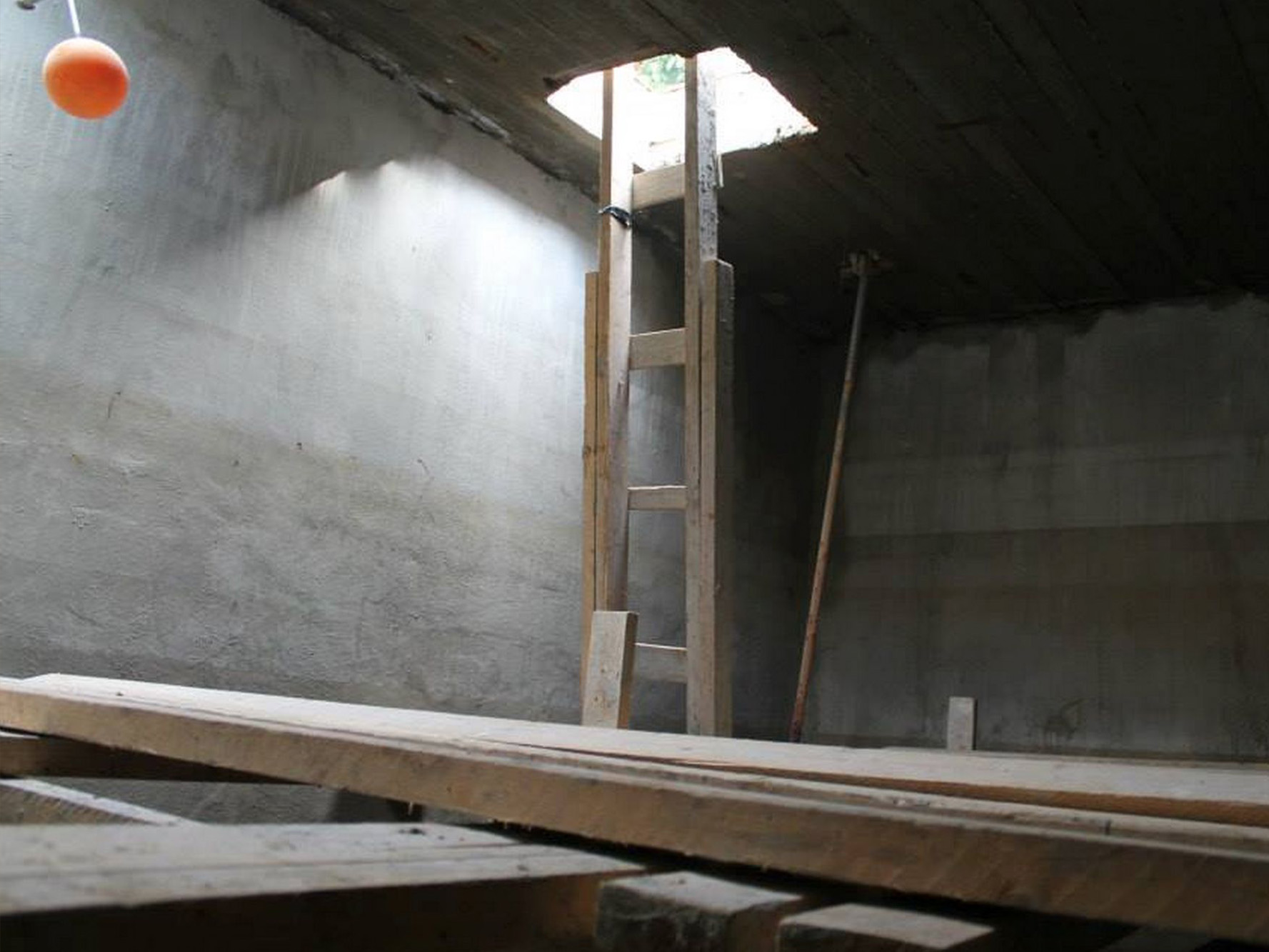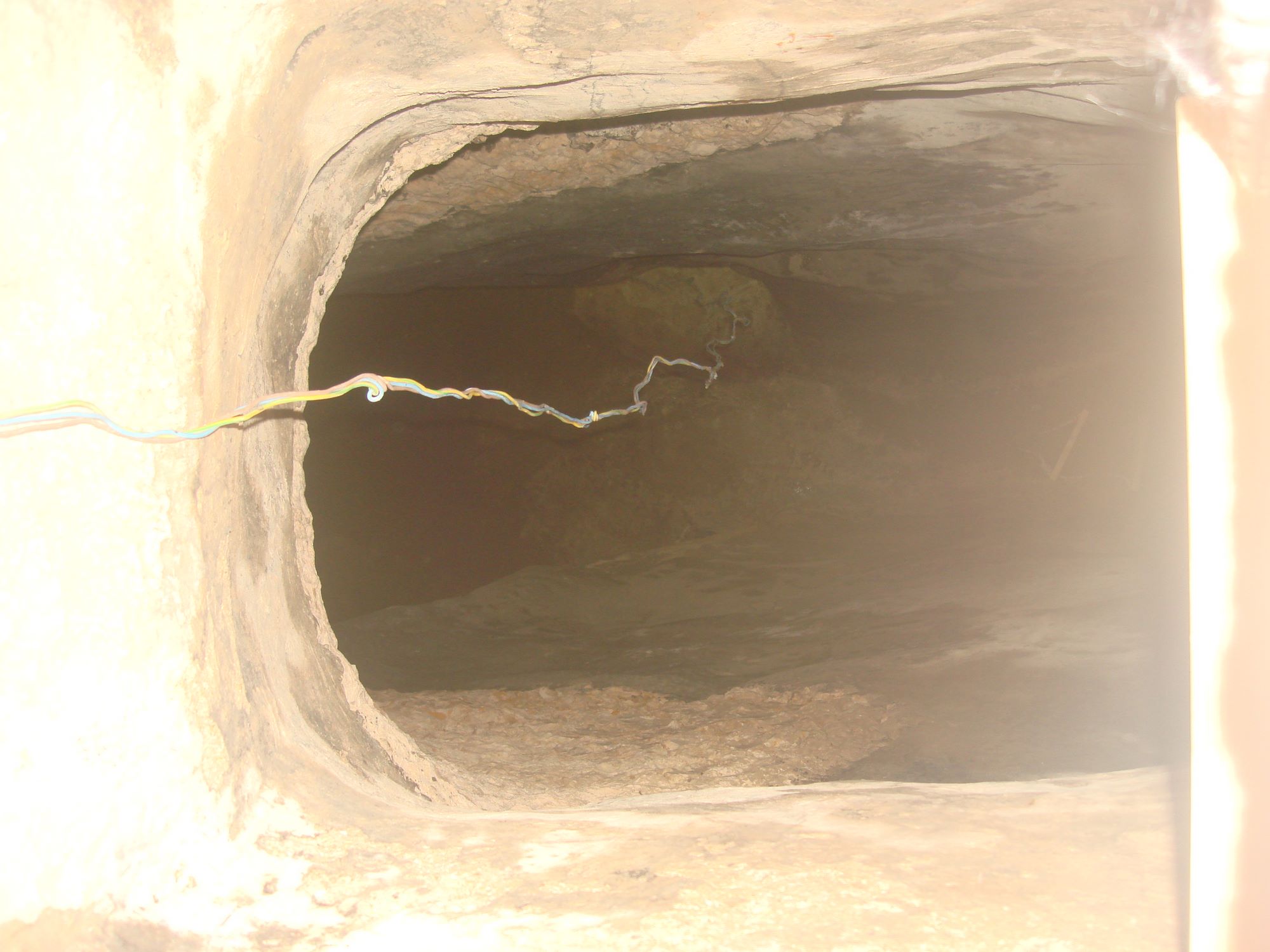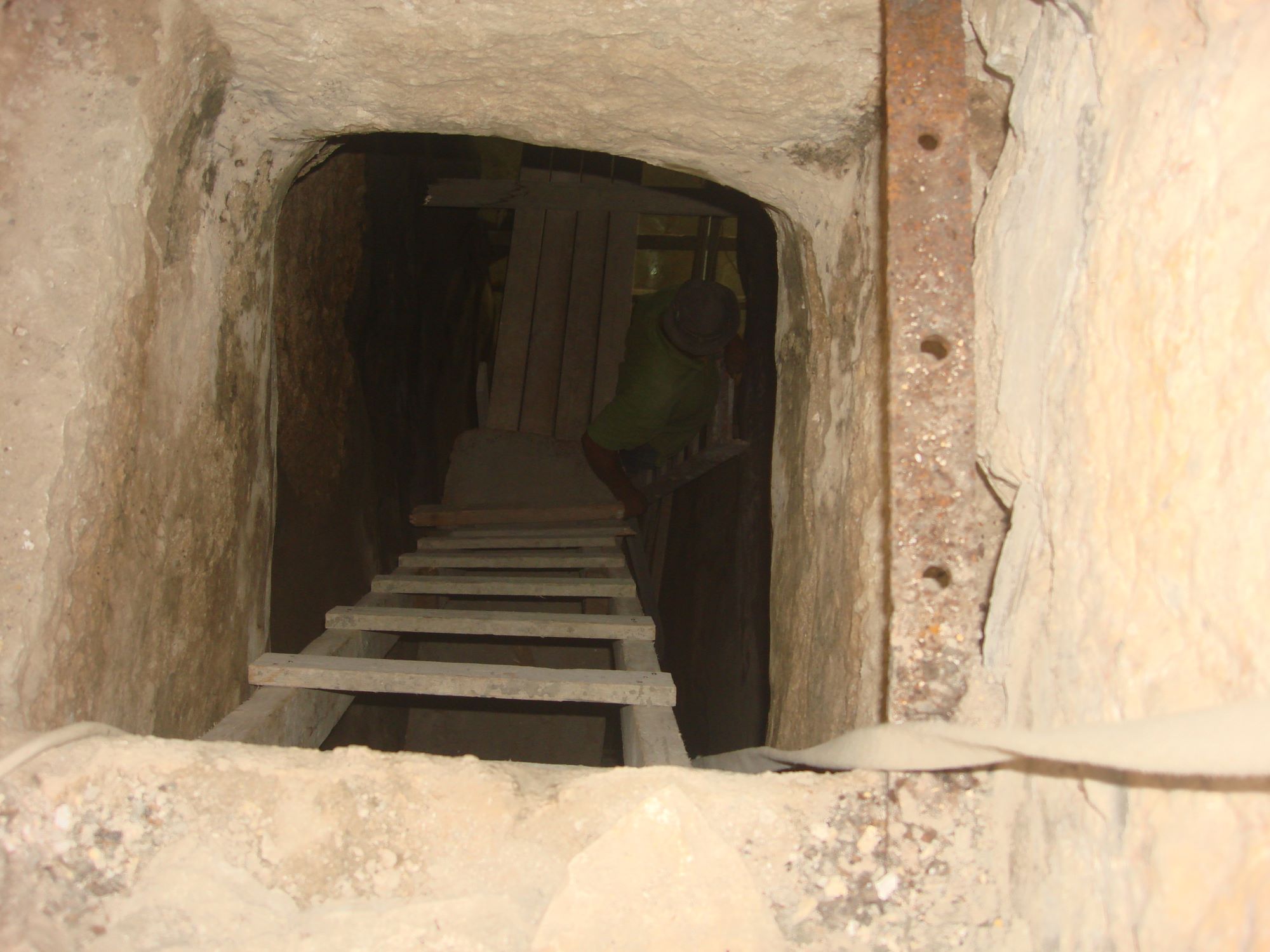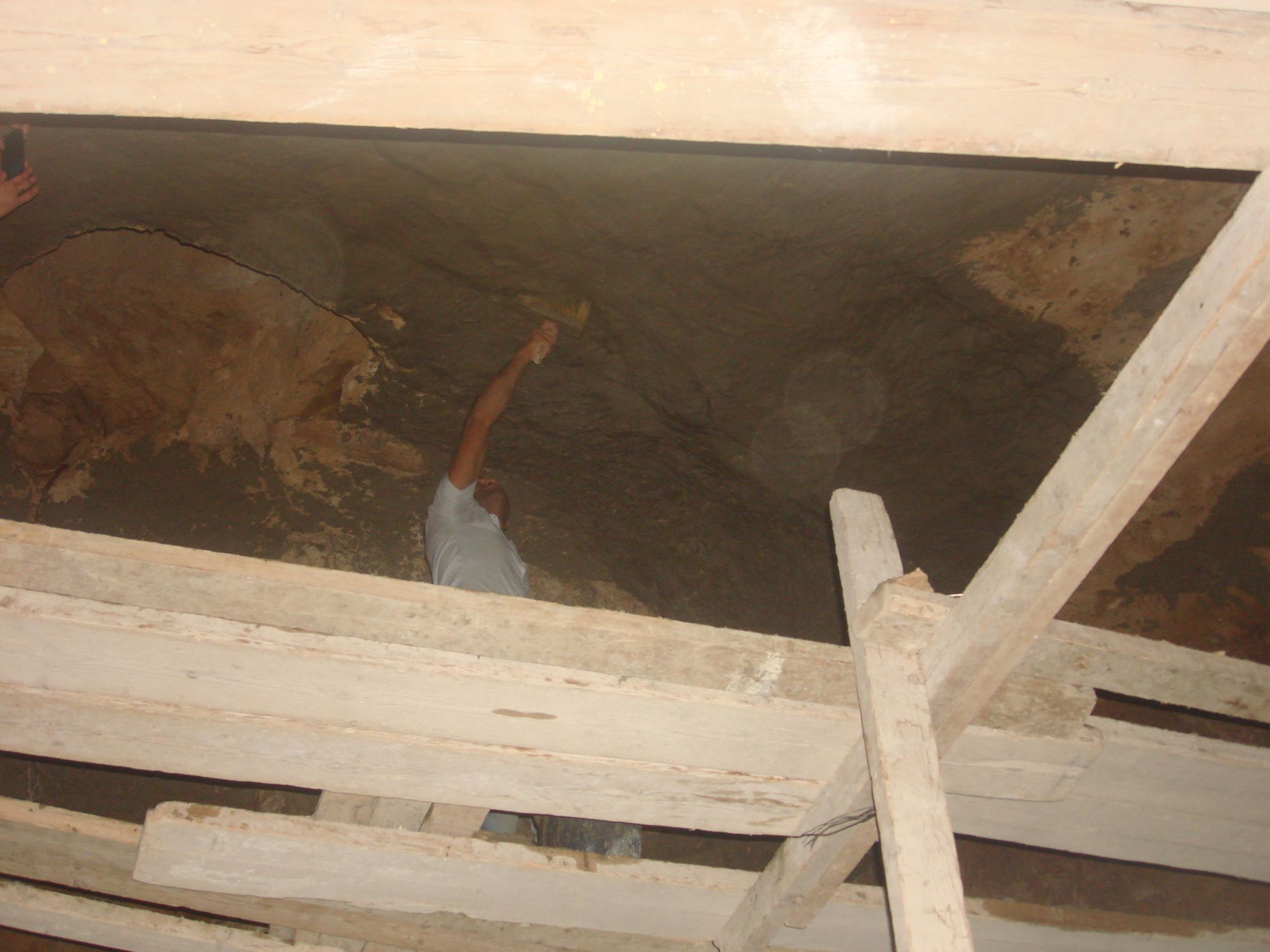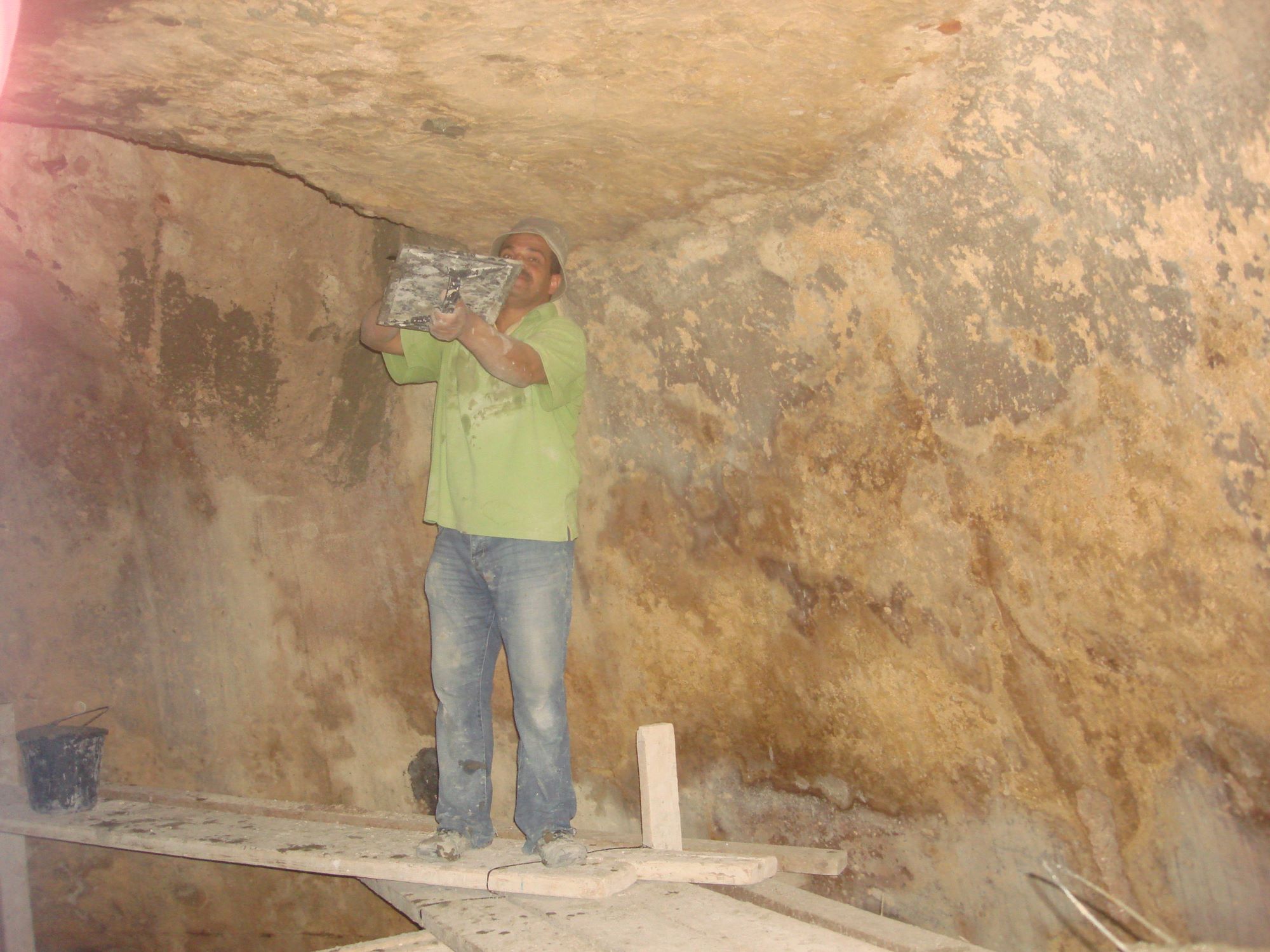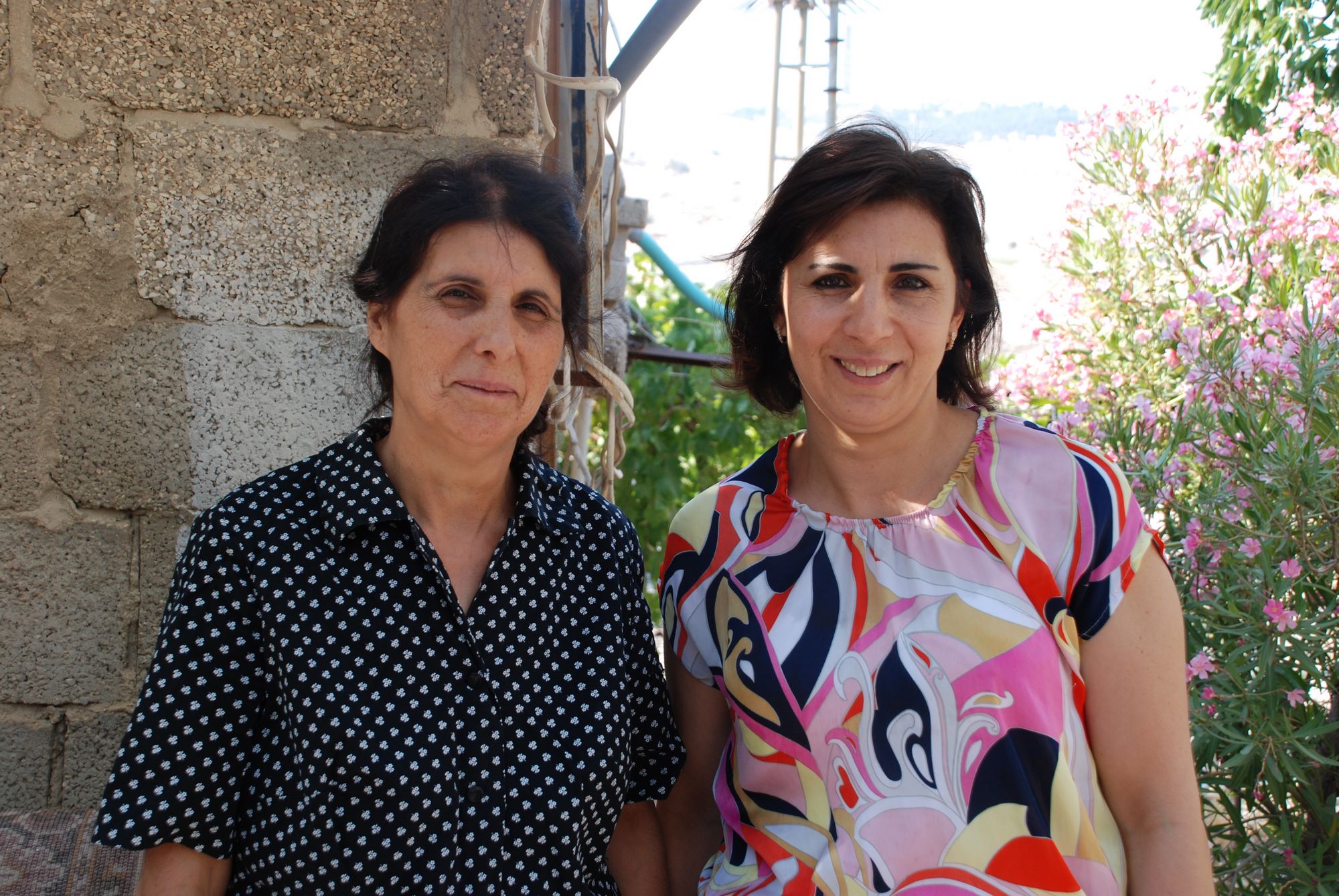
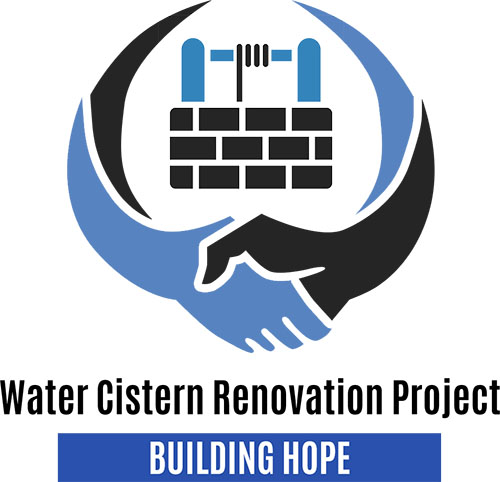
About Water Cistern Renovation Project
Understanding that water is the single most important resource on earth, HCEF has undertaken the mission of rehabilitating ancient water cisterns throughout the Bethlehem area. The aim of The Water Cistern Renovation Project is to provide the Christians of Bethlehem an alternative and consistently available source of water that saves them money and preserves their human dignity. HCEF believes that cistern renovation is the most viable solution to the water crisis since it takes advantage of existing and available reservoirs to collect rainwater, a free and renewable source. HCEF fulfills the mission of the Water Cistern Renovation Project by:
- Maintaining and improving the structural integrity of cisterns.
- Providing maintenance to their water pump and pressure systems.
- And by rehabilitating the plumbing systems in corresponding homes.
This ensures a consistent supply of clean water for the people of Bethlehem despite resource restrictions imposed by occupation.

Access to Water: A Basic Human Right
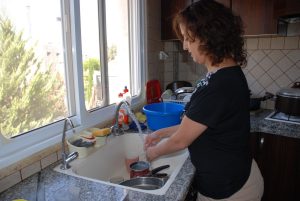 The problems that arise from restricted access to water are numerous and varied. Lack of potable drinking water can lead to dehydration and illness; a shortage of adequate bathing water can lead to improper hygiene and disease; and entire livelihoods could be lost without the ability to irrigate farmland. Unfortunately, in Palestine lack of water is not due to scarcity, but to uneven water distribution. The reality of occupation restricts thousands of people from accessing water. Therefore, the water crisis in Palestine persists year-round, no matter the season, leaving Palestinians powerless to provide water security for themselves or their families.
The problems that arise from restricted access to water are numerous and varied. Lack of potable drinking water can lead to dehydration and illness; a shortage of adequate bathing water can lead to improper hygiene and disease; and entire livelihoods could be lost without the ability to irrigate farmland. Unfortunately, in Palestine lack of water is not due to scarcity, but to uneven water distribution. The reality of occupation restricts thousands of people from accessing water. Therefore, the water crisis in Palestine persists year-round, no matter the season, leaving Palestinians powerless to provide water security for themselves or their families.
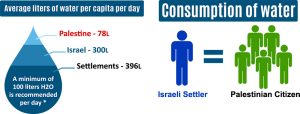 The current quantity of water allocated to Palestinians does not take into consideration population growth nor the increasing demand for agricultural development. Faulty water systems make access to piped water unreliable, and in some cases, nonexistent. It is near impossible for the average Palestinian to obtain permits to legally install alternative water collection systems. For those who are able to install these systems, water can cost up to five times more than piped water.
The current quantity of water allocated to Palestinians does not take into consideration population growth nor the increasing demand for agricultural development. Faulty water systems make access to piped water unreliable, and in some cases, nonexistent. It is near impossible for the average Palestinian to obtain permits to legally install alternative water collection systems. For those who are able to install these systems, water can cost up to five times more than piped water.
* According to the World Health Organization
Testimonials


